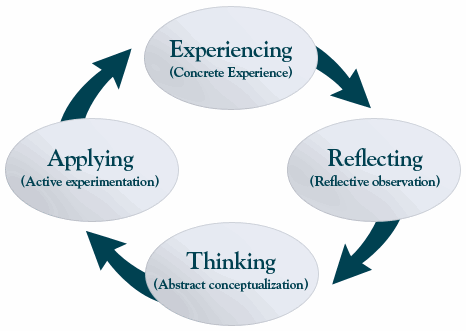Updated July 24th 2023
When we see other people getting hurt, our brain responds in a characteristic way. The same neural circuits that process first-hand experiences of pain are also activated by images of pain in others. This phenomenon can be described as empathy – the ability to share and understand another person’s feelings. For instance, if I accidentally slam a door, hurting my finger, I wince in pain. Similarly, my colleague, who witnesses the incident, experiences distress on seeing my discomfort.
But there is more to human empathy than merely sharing another creature’s pain. Neuroscientists Jean Decety and Philip L. Jackson argue that human empathy requires several components (Decety and Jackson, 2004). Apart from experiencing shared feelings, an empathic person should also possess the ability to:
• A sense of self-awareness and the ability to distinguish one’s own feelings from the feelings of others: When my colleague sees me wince, she feels my pain. But does she understand the source of her discomfort? If my colleague lacks self-reflection, she might not recognize that I am the one in real trouble.
• Having the capacity to regulate one’s own emotional reactions is crucial. Observing someone else’s distress can be unsettling, and if empathy solely involved “sharing feelings,” empathetic individuals might tend to distance themselves from those in distress, so as not to experience such negative emotions. However, to demonstrate empathic concern or sympathy, my friend must be able to manage her own responses to my pain, showing understanding and support instead.
• Considering another person’s perspective is essential in understanding their emotions and experiences. For instance, while I enjoy attending conferences and events overseas, my colleague has had a fear of flying since childhood. Now, suppose we discover that both of us are required to attend an event abroad that involves flying. To comprehend how my colleague feels upon hearing about this necessity, given her role’s requirements, it becomes crucial for me to empathize and grasp her viewpoint. Without such understanding, it could be challenging for me to recognize and relate to her feelings accurately.
Several other factors also influence the likelihood of people demonstrating empathy, such as:
• Being on familiar terms with the person
• Recognising similarities between themselves and the person
• Having personally experienced the circumstances of the individual
Our willingness to show empathic concern is ruled by our moral, societal and political beliefs. Who deserves our empathic concern? Societies offer different answers to this question. Very often, the answers are about who’s considered “one of us.” A recent survey of preindustrial societies found that people who feel strong loyalty to their own social group are more willing to consider violence against outsiders. (Cohen et al 2006).
What implications does this have in multicultural workplaces and societies? Much of the time, we give less time and attention to others based on them belonging to another group, race, gender. The frightening thing is, that we are often not aware that we are doing this. Therefore it is essential that as part of every organisation’s staff training, awareness is brought to everyone’s own biases, and beliefs, so that we consciously treat everyone equally and fairly.
Enabling people to examine their own beliefs, biases, attitudes and how these might be blocking relationships and productivity is a very important aspect of all our staff training. See some of our Open Courses for examples.







